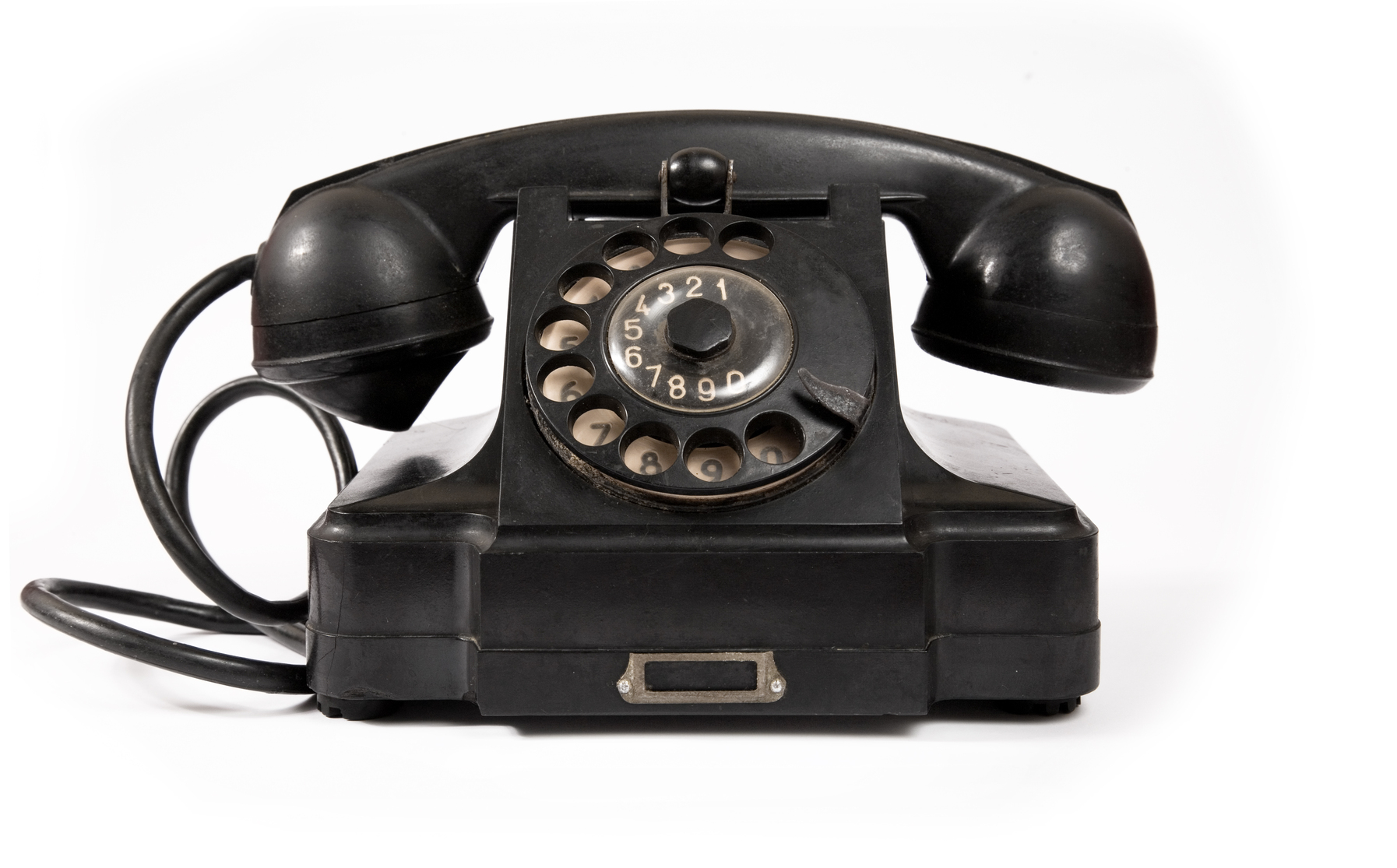 I had lunch with a friend recently, a man I’ve known more than two decades and with whom, years ago, I shared my innermost secrets. Then we fell out of touch. I’m not sure what happened. I think I said something that disturbed him, something that, in retrospect, I had no right to say, and for too many years, we ceased speaking. I saw him from time to time, at the funeral or a mutual friend, then at a restaurant, and once in a high-end grocery store. We were unfailingly polite, but our ability to converse with each other had suffered badly.
I had lunch with a friend recently, a man I’ve known more than two decades and with whom, years ago, I shared my innermost secrets. Then we fell out of touch. I’m not sure what happened. I think I said something that disturbed him, something that, in retrospect, I had no right to say, and for too many years, we ceased speaking. I saw him from time to time, at the funeral or a mutual friend, then at a restaurant, and once in a high-end grocery store. We were unfailingly polite, but our ability to converse with each other had suffered badly.His children grew, his business thrived. He got divorced, then remarried and moved to an affluent part of town. He traveled, bought a winter home in ski country and spent less and less time in the area. Four years ago, he learned that I had cancer. He sent me a lovely Hallmark card and I felt somewhat insulted. My illness, I thought, deserved more than prefab sentiments.
More time passed. I ran into him at a community event. He had grown greyer and balder, and become one of those people you see on a subway platform and don’t really notice. I had gained weight, wore more wrinkles, and lost my glasses following Lasik surgery. That day, we smiled at each other and headed off in different directions.
A couple of weeks ago he drove down my street and noticed the For Sale sign planted in front of my house. He called me. I recognized his voice immediately. He didn’t say, “Hey, this is--,” but instead asked with a note of concern what was happening in my life, and I told him. I’m selling the house because I live alone and really don’t need the space; because I can live more cheaply renting an apartment than owning a home; because living by myself in a multiple bedroom house has gotten sort of empty; and because, frankly, in a short time, I shall need the money from the sale.
Soon thereafter we ate lunch at a local restaurant. His phone kept ringing, five times in ninety minutes, and I suddenly remembered that one of the reasons I had not re-engaged with him earlier was because this occurred every time we met. His phone would ring. He would answer it, and the ensuing conversation with the person at the other end of the line might last five to fifteen minutes. It was always business, or family, or money, or a situation he had to handle immediately. My friend, it appeared, was awash in emergencies that demanded his instant and total attention, and I began to feel that whenever we met, my presence was superfluous. I mentioned this to him once years ago at dinner; he shrugged, apologized with a smile, and then answered the phone again as it trilled between the appetizers and the entrée.
I’m not sure what to make of this anymore. My friend means no disrespect; I know this for a fact. He is a busy person who heads a thriving enterprise and has made it his priority to deal with issues as quickly as they crop up. I can’t fault him for this, even though this is not how I would behave, which might well explain why I don’t head a thriving enterprise and why my house is for sale.
In the end, I was glad to see him. I’d missed his friendship and his wisdom. Still, it irked me that, as we hugged and agreed to meet again soon, his phone rang. He turned away and answered it.


No comments:
Post a Comment